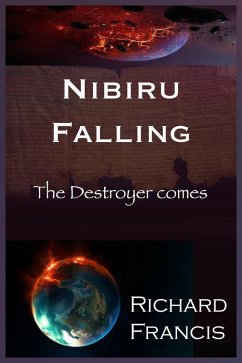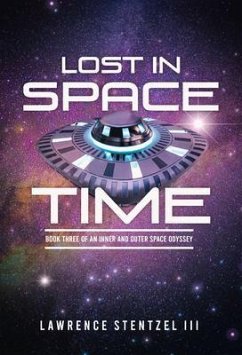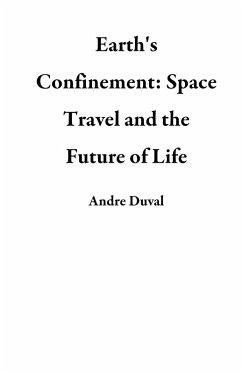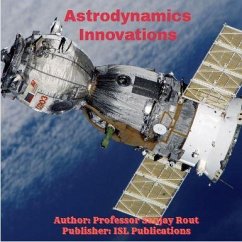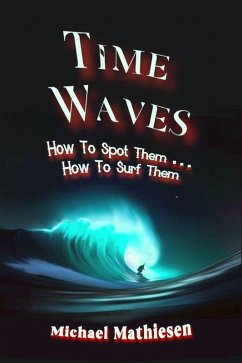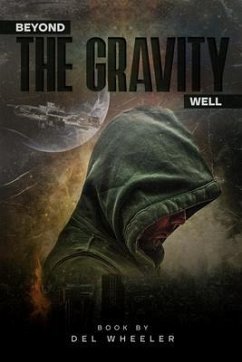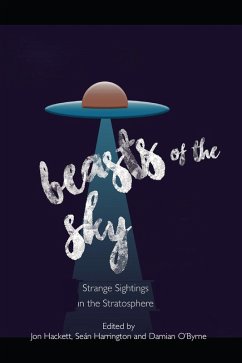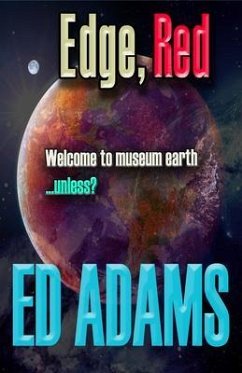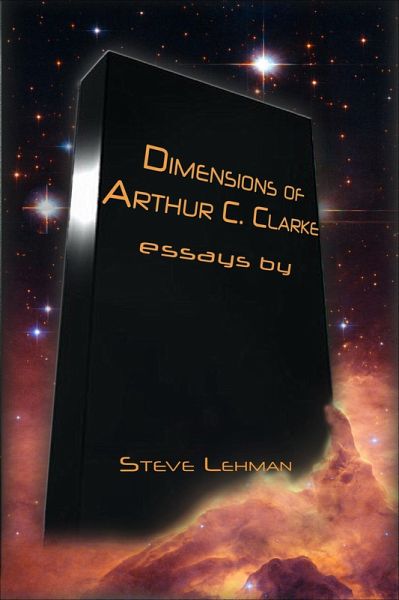
Dimensions of Arthur C. Clarke (eBook, ePUB)

PAYBACK Punkte
0 °P sammeln!
Science fiction is replete with brilliant crackpots, some of whom are crammed full of cracked genius. A few only appear cracked because the broken lens of our mundane myopia distorts their image. Occasionally, an SF writer survives the near sighted negativity of various vested interests and ascends to prophetic status. Arthur C. Clarke is our contemporary, secular Elijah. Let's open the doors of our visionary perception, give him a seat at the table, and consider how he has wondered the Earth. The world first began to wonder about this country boy from Somerset in southwest England in 1945. As...
Science fiction is replete with brilliant crackpots, some of whom are crammed full of cracked genius. A few only appear cracked because the broken lens of our mundane myopia distorts their image. Occasionally, an SF writer survives the near sighted negativity of various vested interests and ascends to prophetic status. Arthur C. Clarke is our contemporary, secular Elijah. Let's open the doors of our visionary perception, give him a seat at the table, and consider how he has wondered the Earth. The world first began to wonder about this country boy from Somerset in southwest England in 1945. As an officer in the RAF during the War, he had already been involved in testing the first to be developed, radar talk-down equipment. The importance of aerial communications well established in his mind, he extrapolated a nobler use for the V2 rockets that rained down on Britain. Clarke reasoned that artificial satellites could be launched using slightly larger rockets, and then parked in geostationary orbits high above the Earth. Such an arrangement would solve a basic problem in the use of radio signals, which propagate in a straight line. Instead of flying away from the curving Earth at a tangent, they could be reflected from orbiting satellites to receivers situated beyond the horizon. His 1945 paper titled "Extra Terrestrial Relays" first proposed the underlying principles of our current satellite communications system. We now take for granted instantaneous, global coverage of politics, sports, military carnage, natural disasters, and cultural events. Worldwide telephone service uses the same system to bounce voice and computer data wherever required. The information revolution has invaded our homes, and lives, on the wings of Arthur Clarke's vision. He is the number one prophet of the postmodern age. Having reached the age of thirty, discharged his military obligations, and established himself as an innovative genius, Clarke decided to have some fun. He focused on writing science fiction and took up scuba diving.
Dieser Download kann aus rechtlichen Gründen nur mit Rechnungsadresse in A, B, CY, CZ, D, DK, EW, E, FIN, F, GR, H, IRL, I, LT, L, LR, M, NL, PL, P, R, S, SLO, SK ausgeliefert werden.




